History

- 2007|
Social Media Consolidation
Learn how social media platforms bought out one another and consolidated into our modern social media landscape.
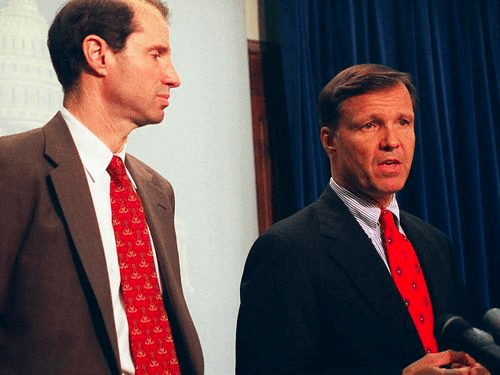
- 1996|
Section 230
Section 230 of the Communications Decency Act is the key provision governing the liability of online service providers in the United States.
Introduction
Monopolies in any form have historically generated problems of control and exclusion. Encompassing the vast majority of internet use, communication, and expression, social media companies have the potential to create similar issues. 60% of tech industry workers believe that authorities should use antitrust legislation to break up big tech companies like Amazon and Google. Though social media companies often allow users to have accounts with other platforms, legislators on both sides of the political aisle agree that breaking up monopolies, like Facebook’s ownership of WhatsApp, could benefit users.
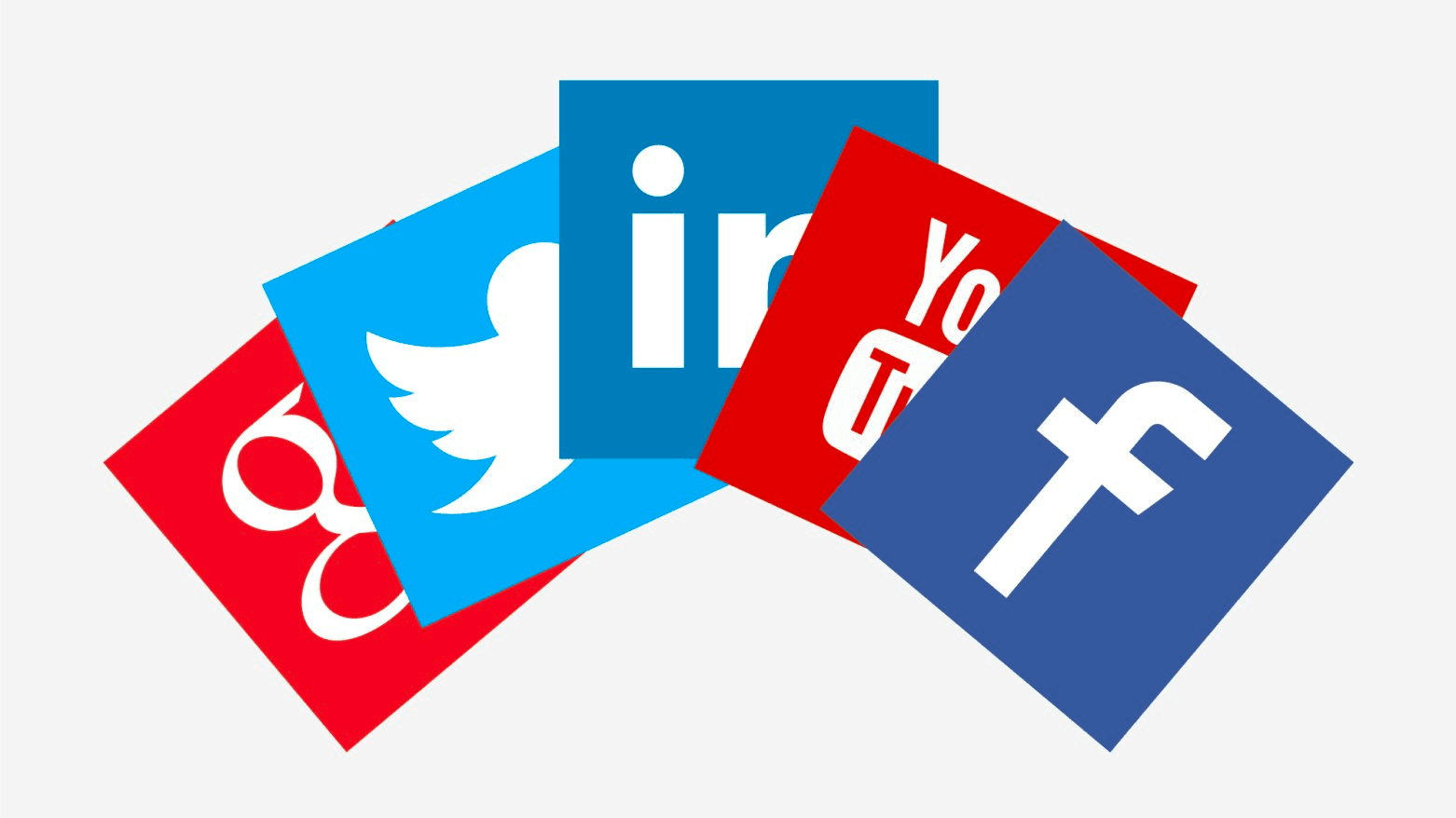
Section 230 is currently used as immunity against antitrust allegations for big companies like Facebook or Amazon. However, a report released by the U.S. Department of Justice in June 2020 concluded that Section 230 is not entirely applicable to antitrust cases but only to speech liability. Given this, Congress has yet to pass a solid antitrust bill to control the mergers and acquisitions in the social media industry.
Antitrust Bills
Antitrust bills are government measures to prevent businesses from consolidating power into a monopoly and are often debated by the Left and Right. Republicans typically think government regulations that prevent companies from making decisions are harmful to progress, while many Democrats believe government intervention prevents large corporations from destroying small businesses.
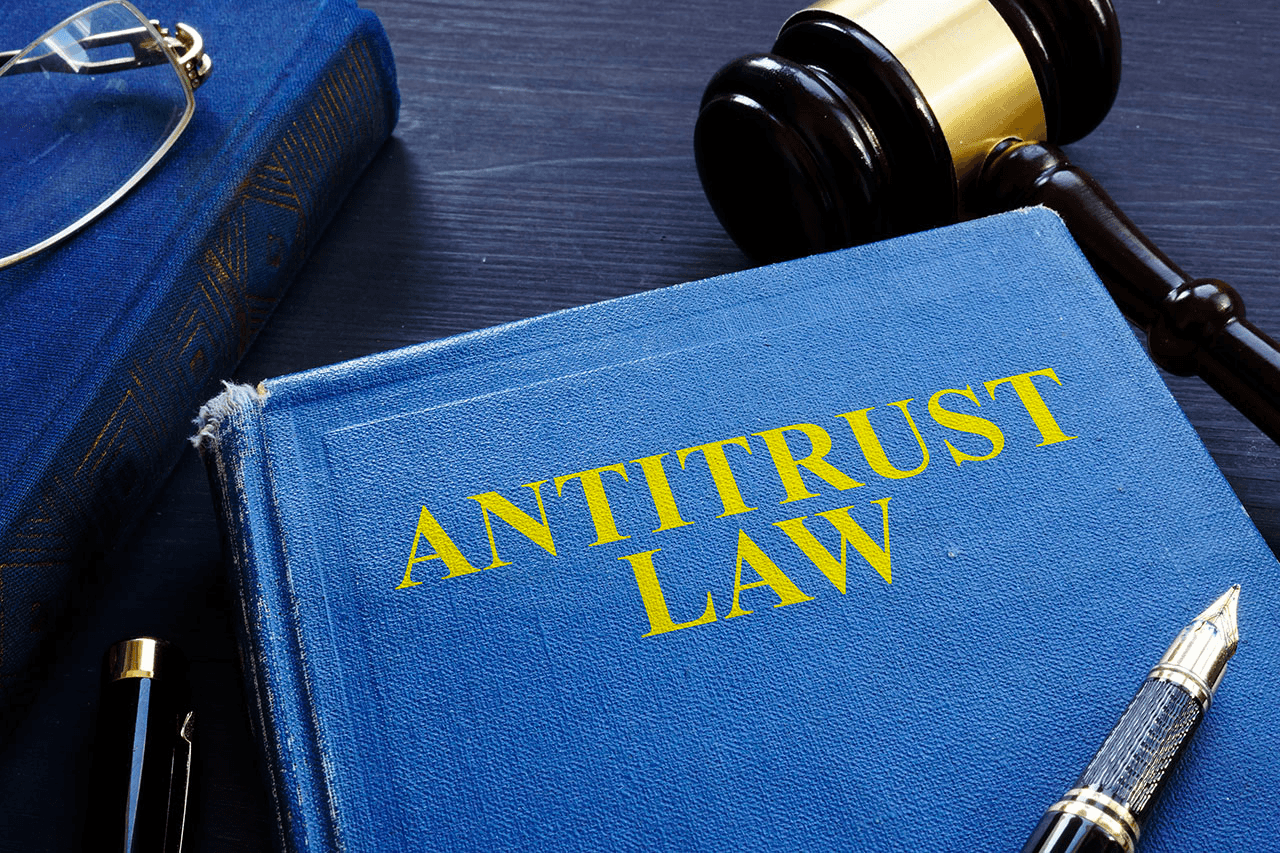
In August of 2021, U.S. Senators Richard Blumenthal (D-CT), Marsha Blackburn (R-TN), and Amy Klobuchar (D-MN) introduced the Open App Markets Act. The bipartisan effort aims to tackle social media monopolies by making it harder for dominant platforms to complete mergers and prohibiting them from owning business lines that present clear conflicts of interest. Its sponsors say the bill will promote open competition against Apple and Google. They both control their respective app stores and have the exclusive right to restrict competition and consumer choices. Some opponents, however, have argued that the Open App Markets Act pushes the left-leaning agenda of controlling business and that this bill will not solve social media censorship.
In this instance, both Democrats and Republicans have produced a series of antitrust laws based on mutual dissatisfaction with social media platforms. Many on the Left feel Apple and Google are monopolistic powers, and many on the Right similarly feel Apple and Google prevent apps like Parler from overtaking Twitter. House Minority Leader Kevin McCarthy (R-CA) opposes the bill because it fails to address the censorship of conservatives online. Some ranking Democrats also voted against the bill in committee.
Discussion Questions
- Do you think social media companies have too much power?
- Should Congress use antitrust bills to break up Big Tech?
- Why do you think this issue has generated significant bipartisanship?
Narratives
Left Narrative
Big Tech companies should be held accountable for their behavior and have less power over smaller platforms. We can no longer trust these companies to make the right decisions. Apple and Google have too much control over app stores, restricting consumers’ ability to choose the platforms they want.
Right Narrative
Although government restrictions on businesses almost always stifle innovation, it is clear that technology companies like Apple and Google want to prevent alternative platforms and conservatives from existing in online spaces. Some on the Right argue that antitrust bills are wrong, while others believe this bill needs to go further to call out conservative censorship.
Bipartisan Narrative
Social media platforms seem to have a significant effect on the ability of governments to function. It is unfair to consumers that so few organizations control so many of these social media sites. More access and easier accessibility to various platforms should be encouraged, and monopolistic control should be discouraged.
Classroom Content
Browse videos, podcasts, news and articles from around the web about this topic. All content is tagged by bias so you can find out how people are reacting across party lines.
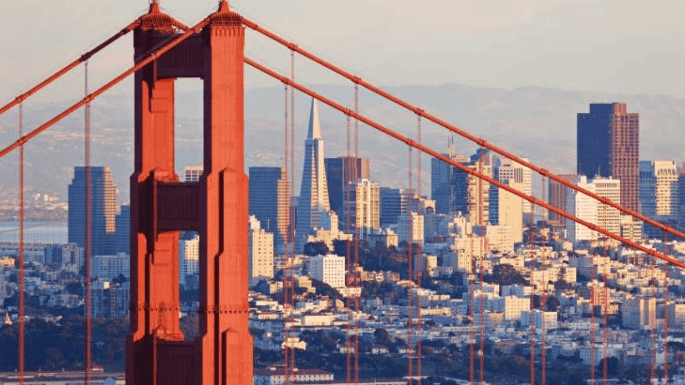
Start-ups will suffer from antitrust bills meant to target Big Tech
- Article •
- 6/24/2021

Ex-national security officials funded by big tech claim antitrust laws would hurt the US
- Article •
- 8/15/2021
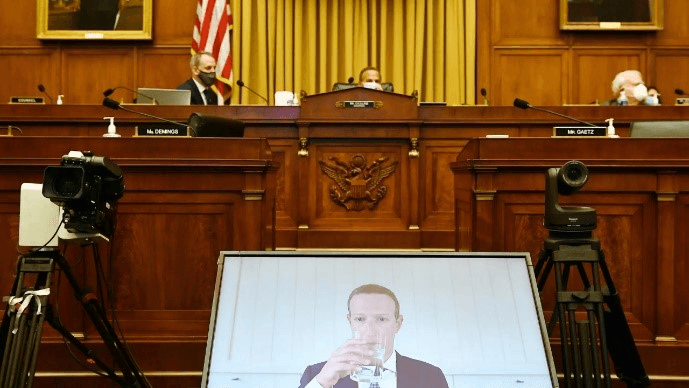
Lawmakers, Taking Aim at Big Tech
- Article •
- 5/29/2021
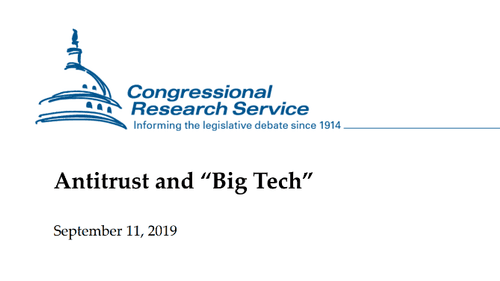
Antitrust and “Big Tech”
- Other •
- 8/11/2019

What Would Breaking UP Big Tech Change?
- Podcast •
- 6/19/2021
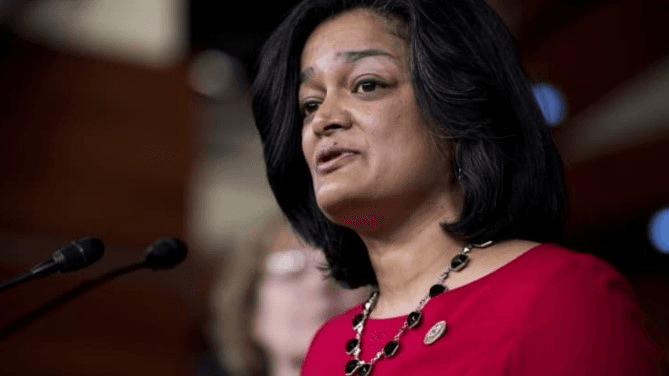
Former Microsoft CEO Steve Ballmer on how Big Tech should react to House antitrust reports
- Video •
- 9/7/2020
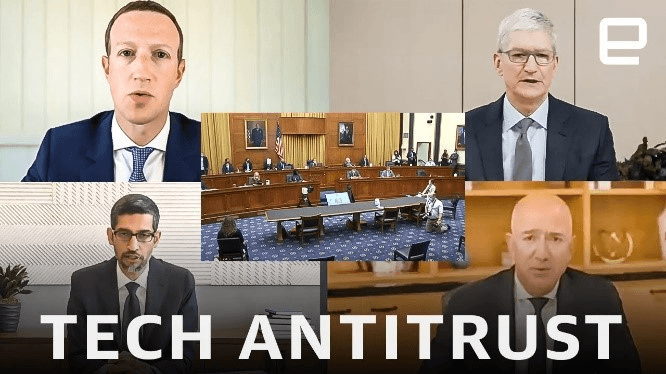
Big Tech’s Antitrust Heating: The most important questions
- Video •
- 6/31/2020
